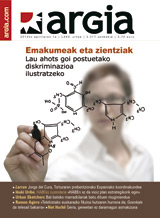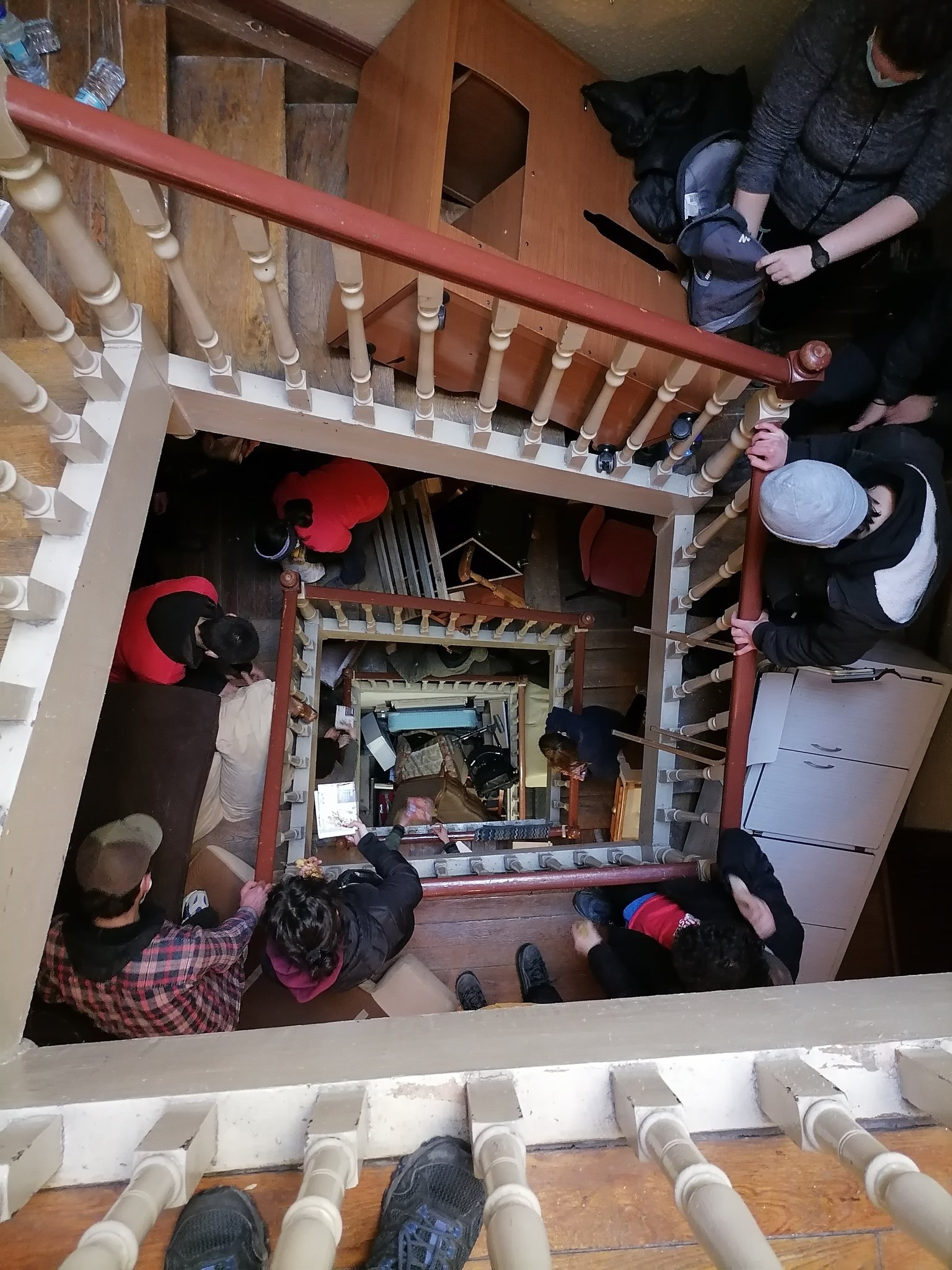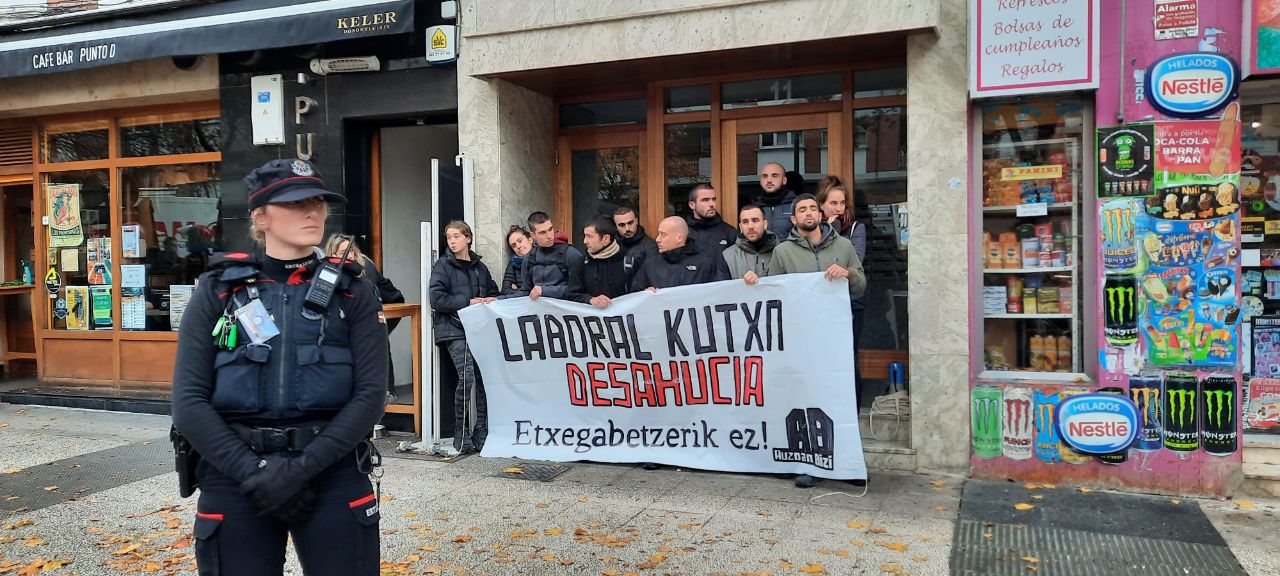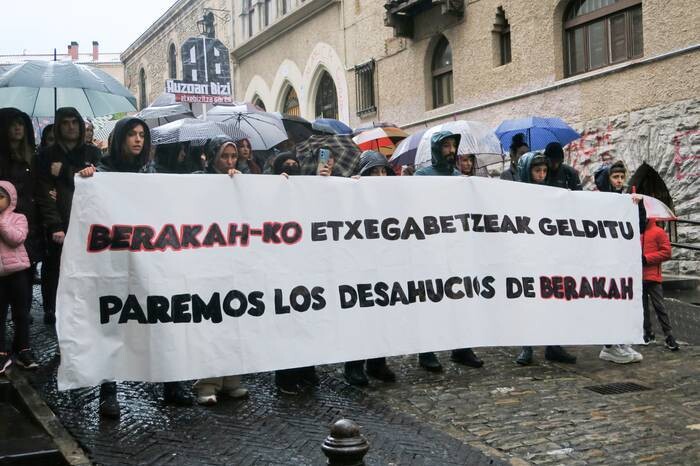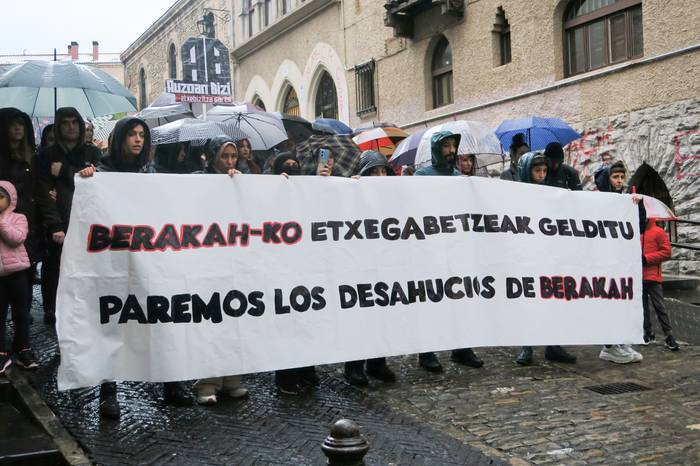Cooperativism as an alternative to bancarization
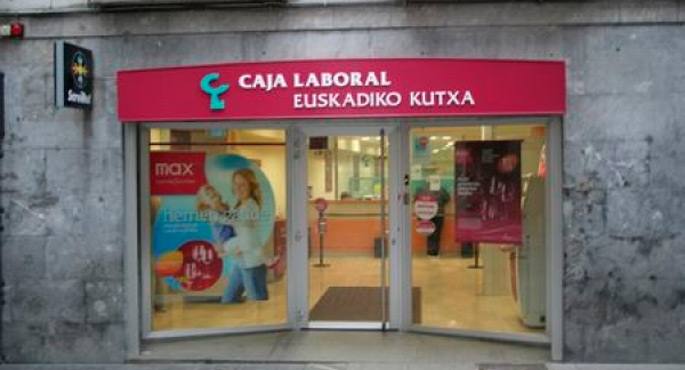
Caja Laboral and Ipar Kutxa announced last week that they have started "formal talks" to develop a cooperation project between the two entities. If integration were to take place, the new brand would become the second largest Basque financial institution (EUR 25,303 million of assets), behind Kutxabank (EUR 75,000 million of assets). It would also be the second group of credit unions in the Spanish State, very few meters from Cajamar and Caja Rural, as the resulting entity has assets of EUR 38,000 million. It would have 1,375,000 clients, 2,497 workers and 451 offices distributed between the Basque Country and the Spanish State (Aragon, La Rioja, Castilla y León, Cantabria, Asturias and Madrid). With the integration, they would also be shielded from the new attacks driven by the Bank of Spain to increase the size of the financial institutions.
The most important thing about this project is that two credit unions in Euskal Herria are cooperatives and both serve the Basque economic fabric. Caja Laboral is more linked to the industrial and commercial network, and Ipar Kutxa has more contacts with the primary sector. If they maintain the philosophy of cooperatives, both born in order to do so, they abandon the easy and individualistic benefit and maintain a solidary commitment to this country, it could be an alternative to bancarization. To see if the social vocation quoted by Caja Laboral and Ipar Kutxa is even stronger and contributes to the social, commercial and first sector affected by the crisis. Let its source of credit fall quickly – and not as expensive as that of traditional banks – especially for small, medium-sized and peasant farmers. This would demonstrate that cooperativism is a real alternative to bancarization.









